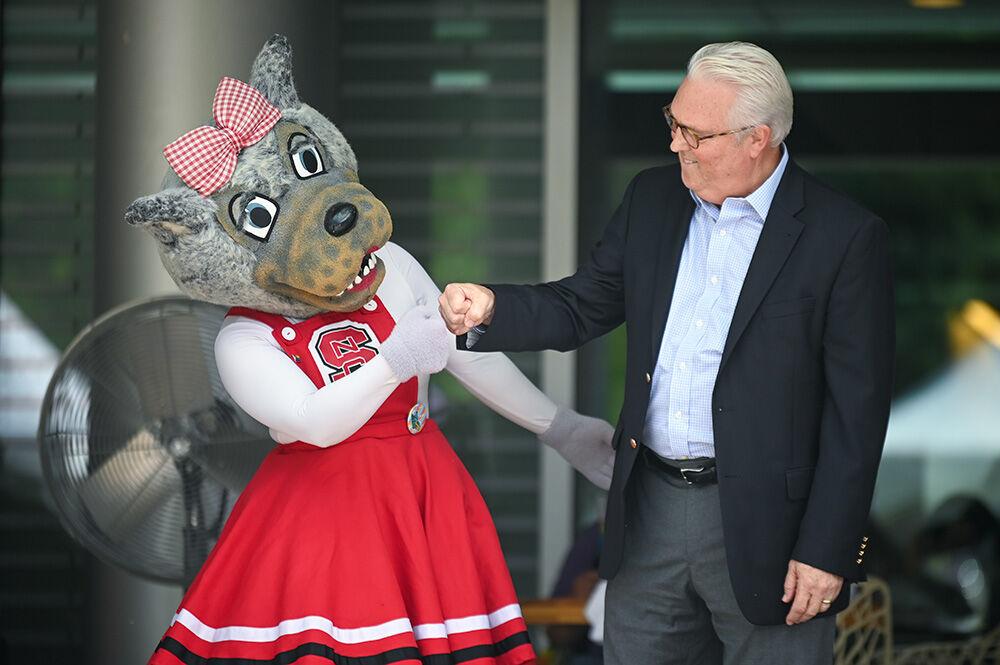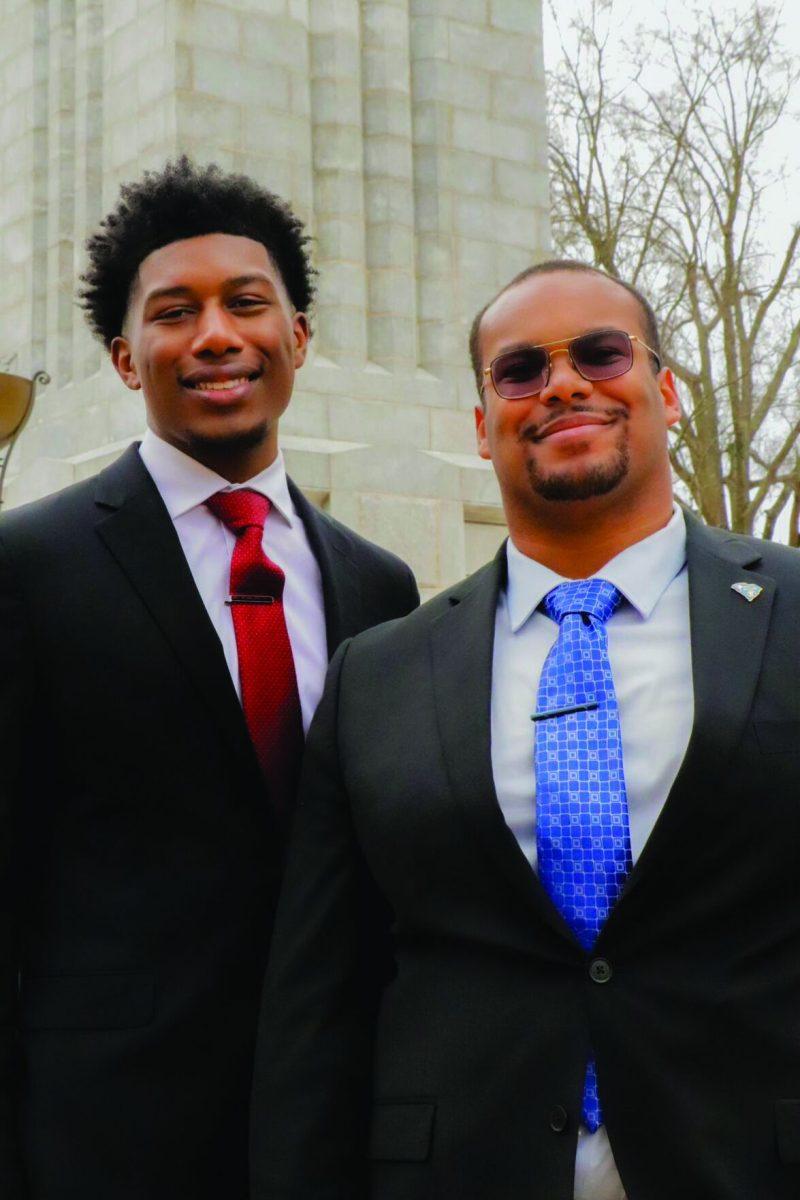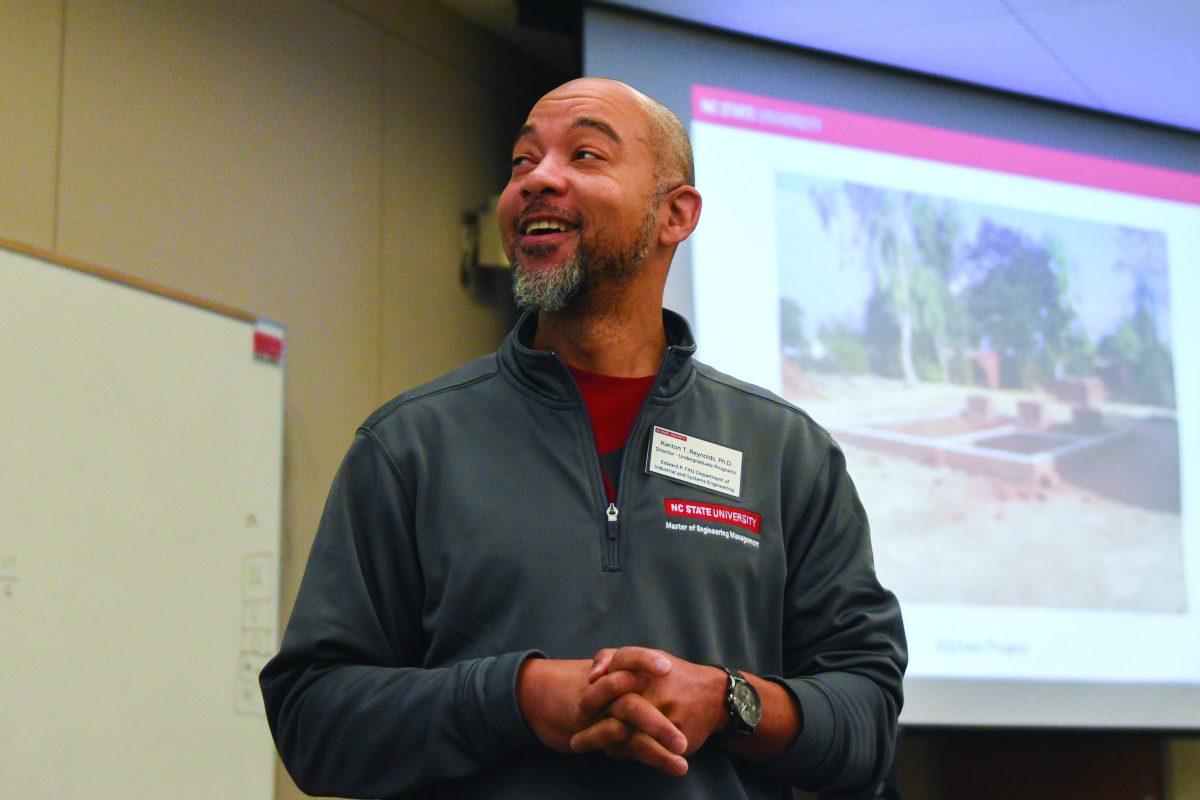As the 2023-24 academic year comes to a close and students begin to prepare for summer, NC State’s administration continues to work to ensure the University’s success.
One of the most essential figures for the functionality of a university is the chancellor. The chancellor has duties that consist of being the spokesperson for the University, working and budgeting finances, planning for the future and providing resources to faculty and staff to help them succeed in their positions.
The UNC Board of Governors selects the chancellor, who reports to the president of the UNC System and the Board of Governors to keep them informed on any major issues related to the institution.
The chancellor is also responsible for addressing and executing policies, whether they’re policies of the Board of Governors, the UNC System president, the University’s policies or any legislative actions that might come from the General Assembly.
NC State’s chancellor, Randy Woodson, became the chancellor in April 2010. Woodson said being the chancellor is like being the CEO of a large company and also like being the mayor of a large city.
Paula Gentius, chief of staff and secretary of the University, said the chancellor is also responsible for academic programming at NC State.
“One other point that is very important is that the chancellor is the official medium of communication between the president, the deans, administrative officers, faculty, members, students and employees of the institution, and so he is the spokesperson for the institution and we take that very, very carefully — very closely pay attention to that,” Gentius said.
Since the chancellor’s role encompasses a vast amount of varying responsibilities, there is a University cabinet that works to support the chancellor and help him facilitate and execute the tasks.
Gentius said individuals on the cabinet oversee areas such as legal matters, finance, administration and university advancement, which includes philanthropy, development, alumni affairs, special events, human resources, research and innovation, board affairs, academic affairs and institutional equity and diversity.
“All of these categories and individuals representing those categories of areas pulled together to help support the chancellor successfully do this job,” Gentius said.
Another vital role in administration are the college deans.
NC State has 12 deans who cover all disciplines of the University. One dean is Mark Hoversten, dean of the College of Design, who said supporting faculty is a large part of a dean’s role.
“Identifying all the ways we can to support instruction, research and engagement by finding the resources to support them and communicating that as clearly as possible and then thanking everybody for the hard work they do,” Hoversten said.
Hoversten said most deans start as assistant professors, achieve tenure, then have success with a combination of research or teaching and take leadership classes to work their way through the line.
“As much as possible, we are still professors,” Hoversten said. “So often I stop all my meetings at three in the afternoon and just talk to students in the studio, ask them about their projects and work.”
Hoversten said he finds the dean role to be a wonderful job where you can really make a difference.
“Another aspect of being a dean is making sure that the administration is as effective as it can be,” Hoversten said. “So communication is a big part of our job. We represent our students, our faculty, our staff and our industry to a lesser extent to the General Assembly.”



















